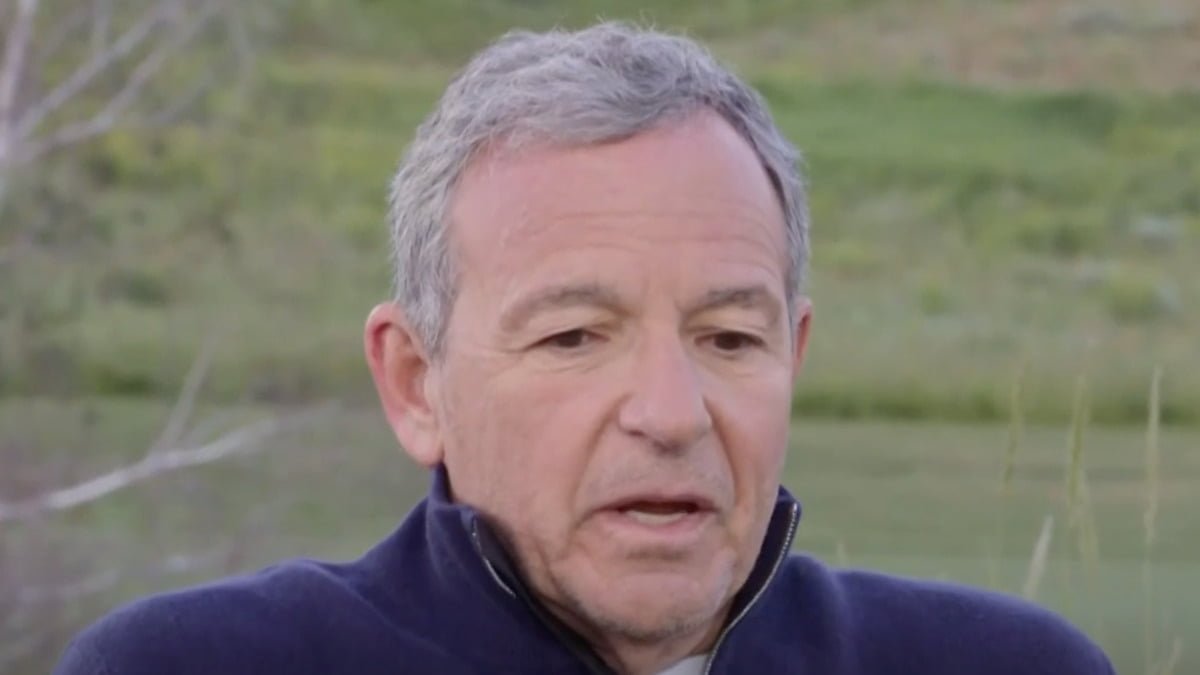No research budget? No problem! Ok, many of us have not seen research in a while. I am going to give you some poor man tips for getting the pulse of your community.
These are tried and true methods that I have been using my entire programming career. Disclaimer: getting great unbiased research is a tremendous tool to strengthen your station or show. I have learned a few tricks that may help you assess your community and audience.
Use Your Station’s Database for a Small Survey
Usually, you must hold the carrot of winning a couple of hundred bucks for a participant. There are many advantages to this method. You are likely to have P1s who love your product and have a commitment to the station. Talk about cool!
Building the questions is the tough part. You don’t want to ask leading questions that mirror your thoughts or the attitudes of the audience. I like open-ended questions. I would also like to know about the participants’ demographics.
For whatever reason, my station’s database is different than the actual listeners to a news/talk station. You may find your database like mine: 70% women. Of those women, a large portion are in their 20s and 30s. Sadly, this is not your audience. You will need to willow them out as you compile the information.
The questions need to be about the audience, not about your station.
-What are your people doing for fun?
-Do they like to travel?
-How long is their commute?
-Do they have kids?
-Are they married?
-Are they happy with their school district?
-What is their biggest concern?
People love to talk about themselves. Let them do it and then sprinkle in questions about the station.
-Are there enough traffic reports?
-Have you ever called a show?
-How was your interaction with the host or producer?
-What is your favorite restaurant?
-How much time do you watch sports each week?
You certainly can add many questions like this. Knowing your audience allows you to reflect on their lives, concerns, and interests.
Be A Spy
I love doing this one at lunch. Pull into a restaurant that appeals to businesspeople in your area. Get a table near a large group and start writing down the conversation.
Are they griping about the boss? What are their concerns? Do they tease each other? How much do they speak about their significant other? Are they discussing something they read, heard, or watched?
Just write down their conversations. I have taken this information and crafted promos and liners around it. It is a small sample size, but if the group is in your target for the station, you can learn a lot of good stuff. This just costs the price of lunch and a beverage. DIY at its finest.
Quick On-the-Street Surveys
This is another way to get a pulse on the community. Does your town have an event geared to the community? Go out with a producer, a salesperson, and give three quick questions. You need to guess the age of the participant. Ask for their ZIP code. this is to determine whether they live in your area.
Then three quick questions. I like to use multiple choice.
-How frustrating is the traffic? 1 to 5 with 5 meaning very agonizing.
-Your biggest concern: Crime, Taxes, Money, or family?
-How long have you lived in your home? These are quick questions to give you a pulse on your neighbors’ concerns.
None of these are as good as a solid perceptual. I have read a lot of research, and the conclusions are the biggest concern. Years ago, I worked for a company that did several perceptuals. I was asked to read them by my format captain, who was new on the job. I read them carefully over the weekend and typed up a short report. The conclusions were completely different than the data.
I am sure that if you have the opportunity to do a research project on your station, you will want to know the unvarnished truth. If you are in the enviable position of interviewing the companies that do research, you need to know the following things:
-Are the conclusions what I want to read or need to see?
-How is the best way to assess the data provided?
-Will the data allow me to develop an action plan to grow my ratings?
If you want research to confirm your preconceived thoughts, skip the expense. If you want to maximize your return, learn how to critically read the data.
What is your action plan following the study? There should be a clear path to allow you to identify vulnerabilities, opportunities, and strengths. All of these are equally important.
Once you know your vulnerabilities, you can strategize to shore up your weaknesses. Once you know your opportunities, you can address them and create another path for your brand to succeed. Knowing and perhaps confirming your strengths allows you to use these as a base point for your brand’s continuing success.
Don’t mess up good research. These are wonderful windows on your station and community. They are key to helping you create a listener-focused experience that will support your station for years to come.
Don’t be frightened to have some of your personal conclusions destroyed. Is this about your ego or is it about your team, station, and market?

Peter Thiele is a weekly news/talk radio columnist for Barrett Media, and an experienced news/talk radio programmer. He recently served as program director for WHO/KXNO in Des Moines, IA. Prior to that role he held programming positions in New York City, San Francisco, Little Rock, Greenville, Hunstville, and Joplin. Peter has also worked as a host, account executive and producer in Minneapolis, and San Antonio. He can be found on Twitter at @PeterThiele.





